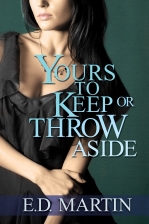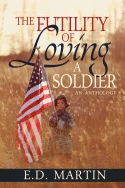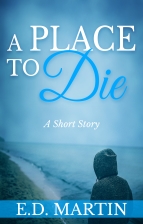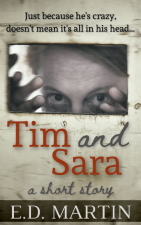Day 18 of the Blogging from A to Z April challenge. Today’s topic: reading, and specifically my April “Books that made me Love Reading” Challenge blog post.
For April’s entry into Emlyn Chand’s “Books that made me Love Reading” Challenge, I reread Madeleine L’Engle’s Wrinkle in Time books (the first four).
I remember that I read those books, maybe in fifth or sixth grade. I remember witches and a 2-dimensional dimension, and Noah and nephilim, and a regenerating starfish. Other than that, I couldn’t tell you anything; plot and characters and overall summary drew a complete blank.
But I also remember that the fourth book inspired my first epic story, complete with map.
In sixth grade, we switched from a pure reading and grammar class, to a twice-a-week writing class. Up until this point we’d written stories, of course, and poems, but never in their own class. Unfortunately nothing has survived from this period other than memories, but I was super productive: a fan letter to Ann M. Martin (no relation), author of the Babysitters Club books; a crappy poem about baseball that won a school contest and was published in the local paper; and my epic, which was twelve pages, confused/bored the hell out of my classmates when I read it aloud, and was a pretty solid rip-off of Many Waters, complete with desert girl who may have had the same name as the MW girl and god-like lion (tribute also to The Chronicles of Narnia).
So, here are my impressions of the books:
- A Wrinkle in Time: book one, in which the Murray children travel to a distant planet to rescue their dad, a physicist studying time/space travel. The characters were at times pretty simplistic and straightforward for a kids’ book (Calvin the boyfriend especially – he pretty much existed to just explain what was going on, and he accepted everything way too fast), but the message was pretty decent: when confronted by an evil communist super being, selfless love’ll save the day.
- A Wind in the Door: book two continued the message of selfless love, and this quote pretty much sums it up: “Love isn’t how you feel. It’s what you do.” The MC, Meg, realizes that everyone has some good in them; it’s just a matter of finding it. She travels with her boyfriend and her principal (huge implausibility issue with the principal, but whatever) into her brother’s mitochondrion. Everyone ends up sacrificing themselves to save him, hitting home that message of selflessness.
- A Swiftly Tilting Planet: book three, which deals with time travel. Urgh this one irritated me. I’m of the school of thought that you can’t go back in time and change the past to change the future, but Madeleine doesn’t agree with me. The story message was good, and the multigenerational plot line was very engaging (although there were a ton of confusingly-similar names), but you can’t change the past to change the future. That pushes you into a parallel universe. Sorry. (Tangentially, Futurama explored this pretty well.)
- Many Waters: probably my favorite book of them all. This one is completely different, and it tells the story of Noah and his daughter, with seraphim and nephilim thrown in for good measure. As I said in a previous post, this is why I love history – the stories. L’Engle does an awesome job of sticking to the biblical-ness of the details. I wish she’d written this as an adult novel, because there are a ton of themes and subplots that could be explored.
Overall, despite not remembering these books they held up pretty well. The science is still sound (except the time-travel bit). The themes – our choices help in the battle of good vs. bad, selfless sacrifice, and love for everyone despite them being jerkfaces – are just as relevant now as they were when the books were written.






Hi, I, too, have been a reader for many years… they can take us to many places and out of ourselves. I get lost inside a book and hear nothing around me. I am there, in the action, and don’t want to leave it.
Have you ever read Emily Dickenson’s “There is no Frigate Like a Book”? If not, take a look on the internet and read it. It is not very long, but so aptly describes what we experience when we read a good book. Best regards to you,
Ruby aka Grammy